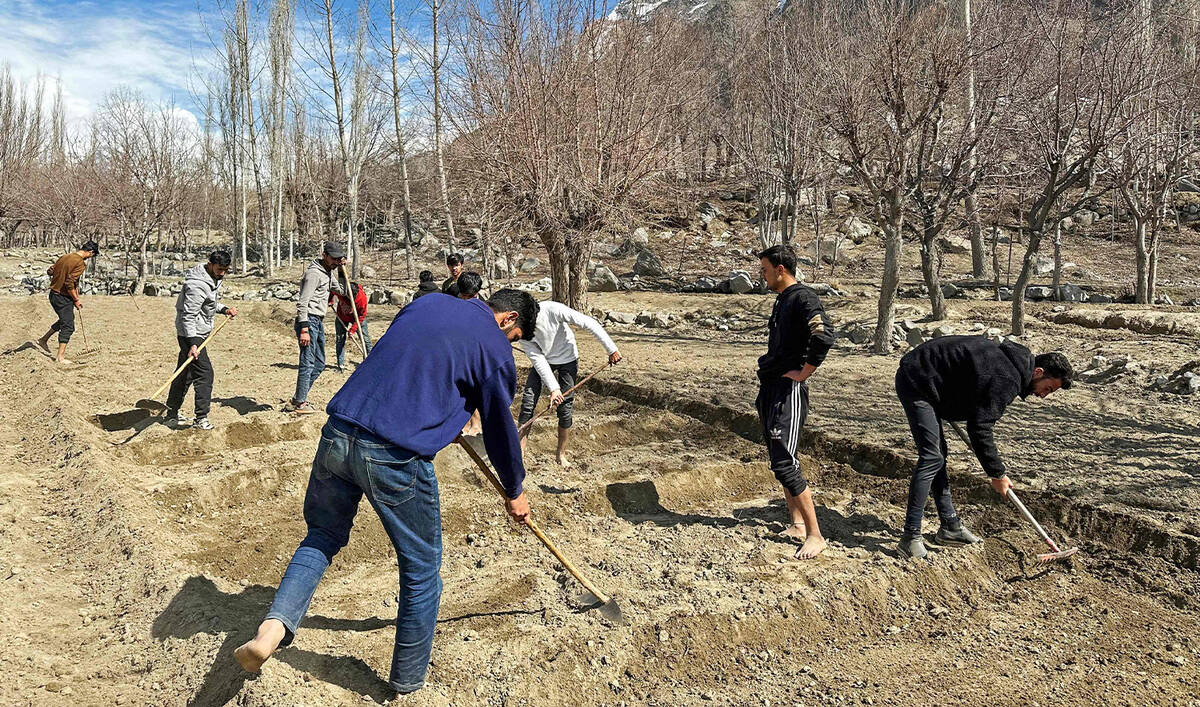ISLAMABAD: Pakistan and Belarus signed key agreements related to energy, industrial collaboration and communications this week, state-run media reported on Sunday, amid Islamabad’s push to secure foreign investments for economic stability.
Pakistan’s Communications Minister Abdul Aleem Khan arrived in Minsk on Thursday for a two-day visit to bolster foreign trade and investment ties between the two countries.
During the visit, Khan stressed setting up trade corridors between the two countries to facilitate access to Central Asian countries through routes in Pakistan, China, Afghanistan, or Iran.
“Pakistan and Belarus have signed multiple cooperation agreements on energy, transport and communications during a high-level Pakistani delegation’s visit to the Eastern European country this week,” state broadcaster Radio Pakistan said in a report.
“The agreements cover joint projects in energy infrastructure, industrial collaboration, and postal services, with plans to formalize terms during the prime minister’s upcoming visit to Belarus,” it added.
During the signing ceremony of the agreements on Friday, Khan said both sides aimed to convert past discussions into measurable progress, particularly those related to transport networks and energy solutions.
“Belarusian Energy Minister Denis Moroz said his country is committed to ensuring greater collaboration with Pakistan across various sectors,” Radio Pakistan said.
Pakistan and Belarus have moved closer to foster stronger trade and economic cooperation in recent months. Both countries marked 30 years of diplomatic ties last year, with Belarus’ prime minister visiting Islamabad in October 2024 to meet key Pakistani civilian and military officials to bolster economic cooperation.
Islamabad has aggressively pushed for trade and investment ties with regional allies such as China, Saudi Arabia, United Arab Emirates, Central Asian countries and others recently in its bid to escape a prolonged macroeconomic crisis.
Pakistan has signed memoranda of understanding (MoUs) worth billions of dollars with businesses and entities in China, Saudi Arabia, UAE, Azerbaijan and other countries since last year to ensure sustainable economic growth, driven by increasing exports and financial reforms mandated by the International Monetary Fund (IMF).



















